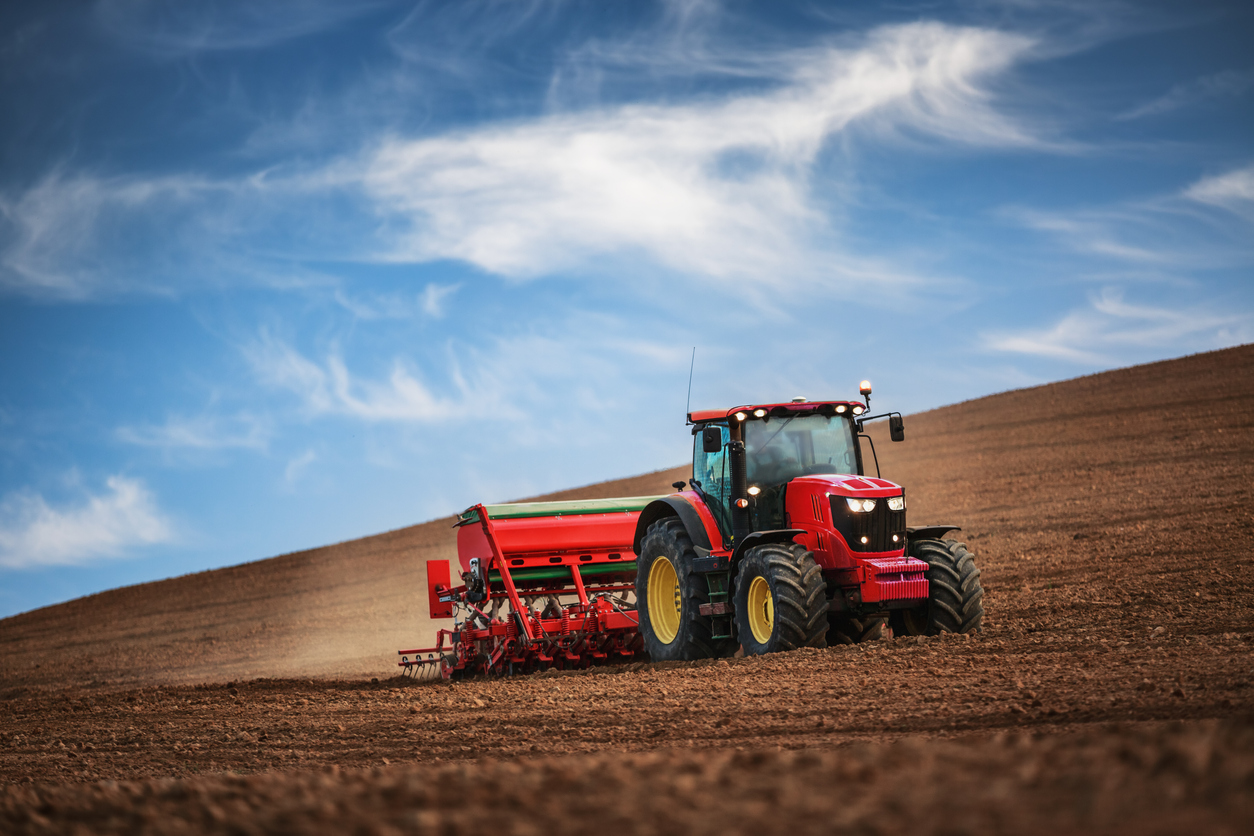How to import Tractors from South Africa
How to import Tractors from South Africa
You may be looking to import tractors from South Africa for one of a number of reasons. Perhaps your company has identified an opportunity for growth in the region and is considering importing tractors from South Africa as their first step into that market; or perhaps you’s thinking about sourcing used tractors from South Africa to reduce costs and increase profitability. Whichever reason you have, understanding how to import tractors from South Africa is essential if you want to achieve it successfully. To import anything from another country, you will need to first research the relevant regulations and bookkeeping requirements. You will also need a partner who can assist you with this process, along with any third-party services required. Therefore, if you’re looking to import tractors from South Africa, the following guide should help with the logistics.
What You Should Know Before Importing Tractors from South Africa
The first thing you should do before importing tractors from South Africa is understand the local market. If you choose to import used tractors, you will need to analyze the current market value of tractors in your target region. This will help you to accurately price your product and avoid spending money on overpriced machines. If you choose to import new tractors, you will need to understand how much they cost in your target country and how they are distributed. You will also need to consider the various importation taxes and duties you may incur by importing tractors from South Africa. This can vary depending on the type of tractor you choose to import. For example, certain high-end tractors are charged more import tax than standard tractors. This is because they are seen as luxury items.
Incorporating Costs to Import Tractors from South Africa
When importing tractors from South Africa, you will have a number of upfront costs to consider. These include import duties and taxes, transport costs, insurance, clearance expenses, as well as your basic purchase price. You may also incur costs in the long term if you’re importing used tractors. For example, you may have to pay for repairs and maintenance. You may also need to hire employees to operate and maintain the tractors in the long term. Some of these costs may be tax deductible, while others may not be. This will depend on your country’s import taxation policy. If you’re unsure whether or not your costs are tax deductible, it’s best to contact your local tax office.
Determining Whether It’s Worth Importing Tractors from South Africa
One of the first questions you should ask yourself before importing any product is: “Is this product relevant to my region?” For example, you may think importing tractors from South Africa will help you achieve profitability in your market. However, if your target region doesn’t have a large farming population, it probably isn’t worth importing tractors from South Africa. When determining whether or not it’s worth importing tractors from South Africa, you should also ask yourself: “How competitive is the market for tractors in my region?” If you’re importing new tractors, you should consider how much profit you can make on each unit. You should also consider how much your local competitors are charging for their products. If you’re importing used tractors, you should consider how much they cost and how much money you can make on each unit. You should also consider how competitively priced your tractors are compared to the local market.
Finding a Shipping Company to Import Tractors from South Africa
When importing tractors from South Africa, you will need to find a shipping company that specializes in this type of transport. You will also need to find an agent in your country who deals with the customs process. Finding a shipping company that specializes in importation is essential. This is because it will have the experience and knowledge necessary to handle your shipment correctly. You should look for a shipping company that has a positive reputation. The best way to do this is by reading reviews online. Finding an agent in your country who deals with customs is also essential. This is because they will handle the necessary paperwork and bookkeeping. They will also be able to advise you on the best way to import your tractors.
Conclusion
If you want to import tractors from South Africa, there are a few things you need to know before starting the process. You must first understand the local market, as well as how much new and used tractors cost in South Africa. You should also consider how competitive the market is in your region and whether it’s worth importing tractors from South Africa. There are a number of factors you need to take into account when importing tractors from South Africa. You must consider the costs involved, as well as the benefits of importing used over new machines. You should also understand the various regulations governing imports from South Africa. When you know what to expect, importing tractors from South Africa should be an enjoyable process.








LEAVE A COMMENT
You must be logged in to post a comment.